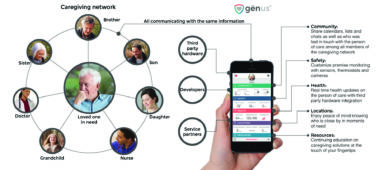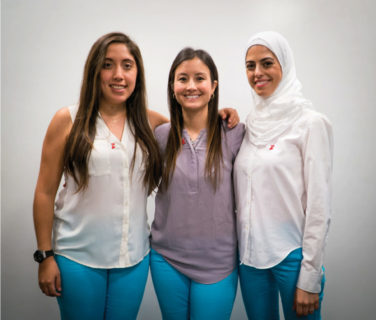New companies continue to emerge with the goal of improving, or even revolutionizing, the healthcare industry. The following six companies are particularly worthy of attention for life sciences companies looking for new partners or those who are just monitoring how healthcare may change.
Bioinformatix
Eric Luellen, CEO & Co-Founder
info@bioinformatix.io
www.bioinformatix.io
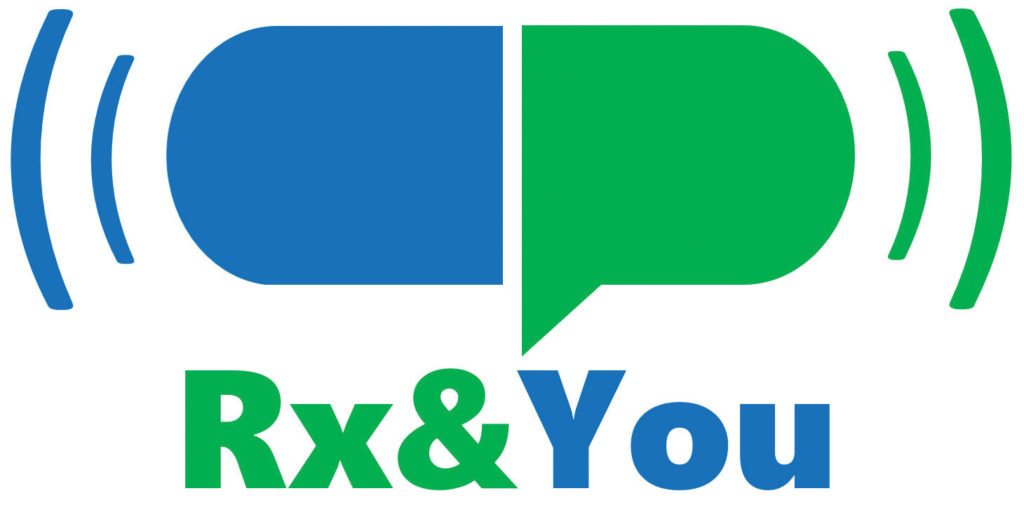 About:
About:
Bioinformatix is a digital health company that is revolutionizing healthcare delivery by using medication intelligence to improve clinical outcomes and medication safety while substantially reducing costs. Our cloud-based enterprise platform, Rx&You, operationalizes medication intelligence by connecting patients, providers, and payers, then using multiple levels of AI to maximize engagement and clinical outcomes. It also coordinates care across many providers, predicts patients at risk, prevents interactions, and e-reports adverse events.
Transformational:
Rx&You can improve medication adherence and drug safety by 7% to 61% in the highest cost-category of patients. It is attacking a $715 billion annual cost problem by enhancing adherence, preventing interactions, coordinating care, e-reporting adverse events, and continuous deep learning. Rx&You can also give pharma companies a unified view of all global clinical trials in real time, keep patients on treatment to improve trials, and unify trial data for future R&D.
Offering:
Bioinformatix is operational and available for pilots or production. Rx&You was the only global finalist in 2016 for both the C3 Prize at Stanford MedX and the World Technology Award in health and medicine.
Big Picture:
We are on a mission to revolutionize medication delivery by operationalizing medication intelligence to maximize clinical outcomes and safety while dramatically reducing the costs of healthcare, thereby saving millions of lives and tens of billions of dollars every year. We view adherence as the gateway to personalized medicine and more disruptive savings and profits by using our behavioral scoring to learn which medications work best for whom and when.
Datablend Wearables
Haik Kalantarian, CEO
haik@datablend.io
www.datablend.io
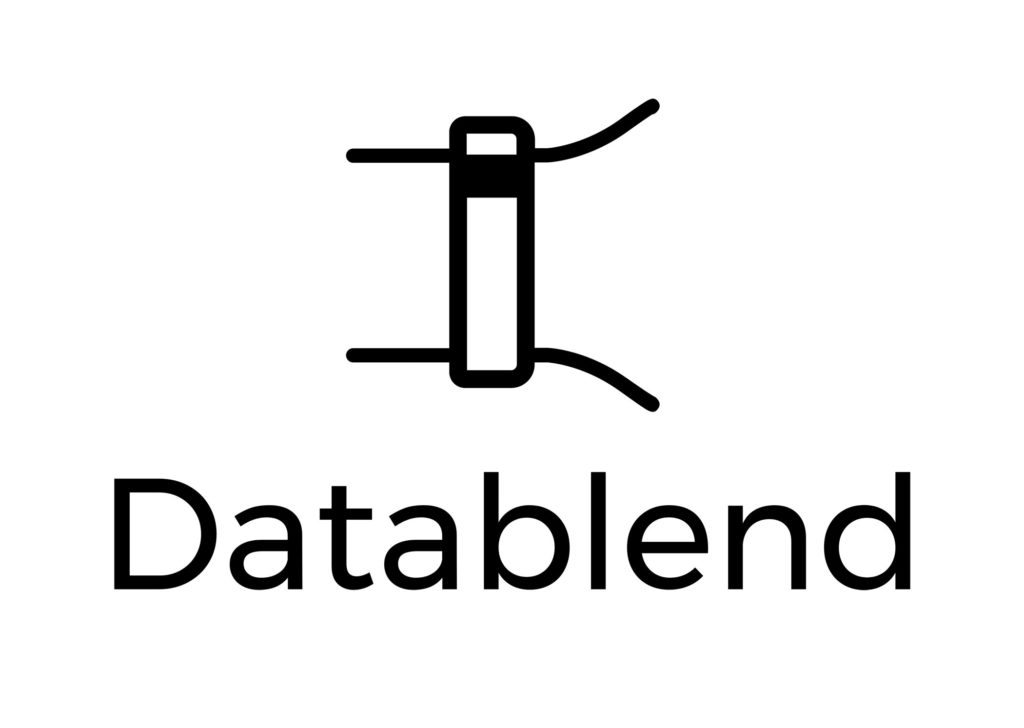 About:
About:
Datablend Wearables is developing a system to allow individuals to effectively monitor and care for seniors with cognitive impairment such as Alzheimer’s and Dementia using smartphones and smartwatches. Features include location tracking, fall detection, and a suite of tools to remind the caregiver about the timing of a patient’s medication, hydration, and meals. Our system also supports gesture recognition to automatically validate many of these behaviors, and we are developing a deep-learning framework to characterize and understand the progression of symptoms.
Transformational:
Alzheimer’s affects 5.4 million Americans, and 83% of these individuals receive significant assistance from family, friends, and unpaid caregivers. The vast majority of these caregivers do not employ technology to help manage the patient, and as a result, 40% of caregivers suffer from depression. In the last year of the patient’s life, 59% of caregivers reported being “on-duty” for 24-hours a day. We are here to improve the caregiver experience.
Offering:
We will be launching our software for the Android market in July, and will roll out updates regularly to support additional features. Software for Apple devices will be released towards the end of 2017.
Big Picture:
Our goal is to improve the lifestyle of caregivers in every way possible. While our first product focuses primarily on the mainstream consumer market, we will soon develop partnerships with hospitals, elderly care facilities, and nursing homes to make patient management simpler and easier.
3D Signatures
Jason Flowerday, CEO and Director
jason.flowerday@3dsignatures.com
www.3dsignatures.com

 About:
About:
3D Signatures Inc. has developed proprietary software that analyzes a patient’s chromosomal arrangement—or signature—through a non-invasive blood test or tissue sample, measuring disease stage and genomic stability, as well as drug efficacy and potential side effects. Unlike most diagnostic companies, the platform tells doctors how to personalize treatment and best manage the disease for each individual patient.
Transformational:
3D Signatures is preparing to market its imaging technology once late-round clinical trials fully confirm its reliability for Hodgkin’s disease. Currently, no biomarker is available that can predict patient response to standard chemotherapy in Hodgkin’s lymphoma patients and thereby help guide treatment decisions on the individual basis.
Offering:
3D Signatures’ validation program for its Hodgkin’s lymphoma (“HL”) test (“Telo-HL”) validation program consists of five stages which aim to develop a commercially marketable laboratory-developed test (LDT) within the next 10 months. In parallel to this, the company is working on validating four more products to address lung cancer, prostate cancer, multiple myeloma, and Alzheimer’s disease.
Big Picture:
The global cancer diagnostics market is expected to reach $13.1 billion by 2020, according to MarketsandMarkets, one of the world’s largest research firms. What sets 3D Signatures apart is that it’s the only company in the world conducting 3D telomere analysis. Unlike 2D analysis, 3D Signatures is able to accurately measure genomic instability. This technology harnesses the predictive power of the telomere as a dynamic biomarker. The company can determine how a disease will progress and enables clinicians to measure the appropriateness and effectiveness of different treatments for specific patients—saving time and improving outcomes.
Epilen
Ekansh Tiwari, Founder and CEO
Omana K. Ajayan, Head of Operations & People’s Officer
care@epilen.com
www.epilen.com
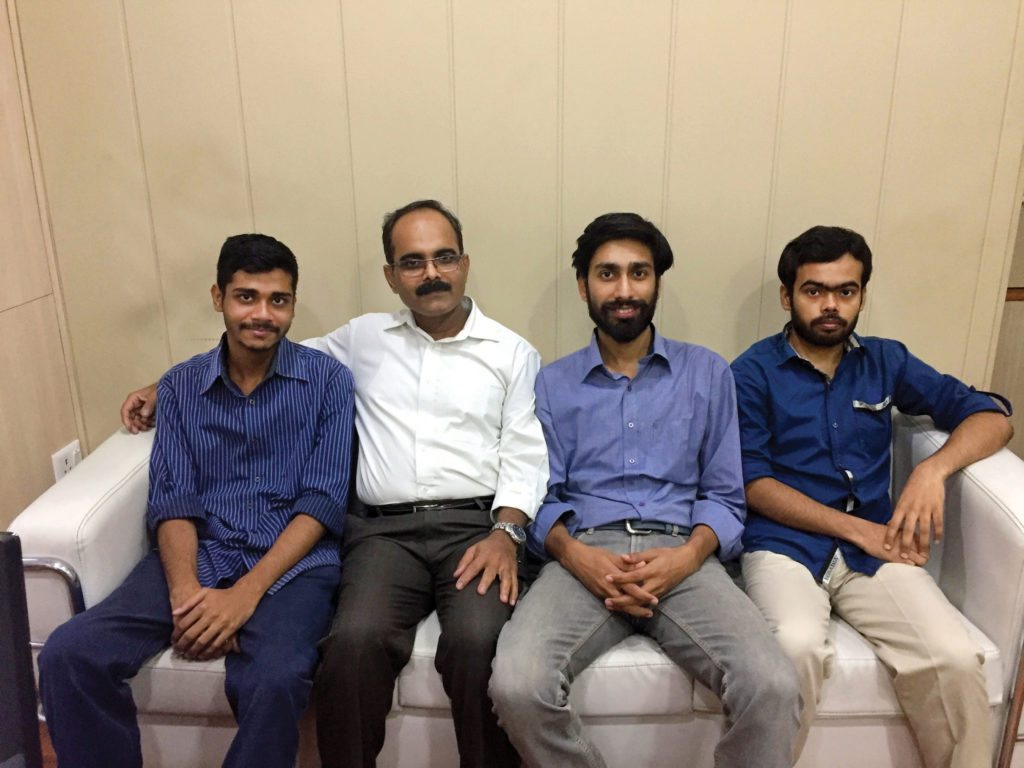
 About:
About:
Epilen is a tech startup founded in January 2017 redesigning the way healthcare works by combining software, artificial intelligence, hardware, and actual doctors. Epilen is a self-funded company backed by support from government bodies.
Transformational:
Today’s healthcare experience is virtually unchanged from decades ago. Every piece of software looks like it was built to be an elaborate form of punishment! At the same time, we are awash in data that is currently being underutilized even though it may represent a treasure trove of potential solutions to countless medical and public health problems. Epilen hits the reset button on healthcare with a vision to take us into the future using artificial intelligence and providing value by utilizing existing healthcare data.
Offering:
Epilen’s first solution is software that collects people’s health data, records it in an organized digital format, and makes it available to the patient and their Care Team round the clock. Furthermore, Epilen drives the business as a membership plan that pairs each patient with a world-class physician who uses new Epilen technology, real-time analytics, and the company’s software to build a personal “health view” for each patient, which offers a complete picture of their health along with a personalized plan for helping them to lead a healthier and happier life.
Big Picture:
Our long-term plan is to build a sustainable model of healthcare that improves medicine by digitizing healthcare, increasing access, and opening the way for truly personalized care where it is needed most. We have a long way to go in making what we do affordable for everyone, but, fortunately, the same technologies that make the system smarter also make it cheaper over time.
GalileoMD
Sam Wang, MS, MD, Founder
swang@galileoMD.com
www.pillcast.com
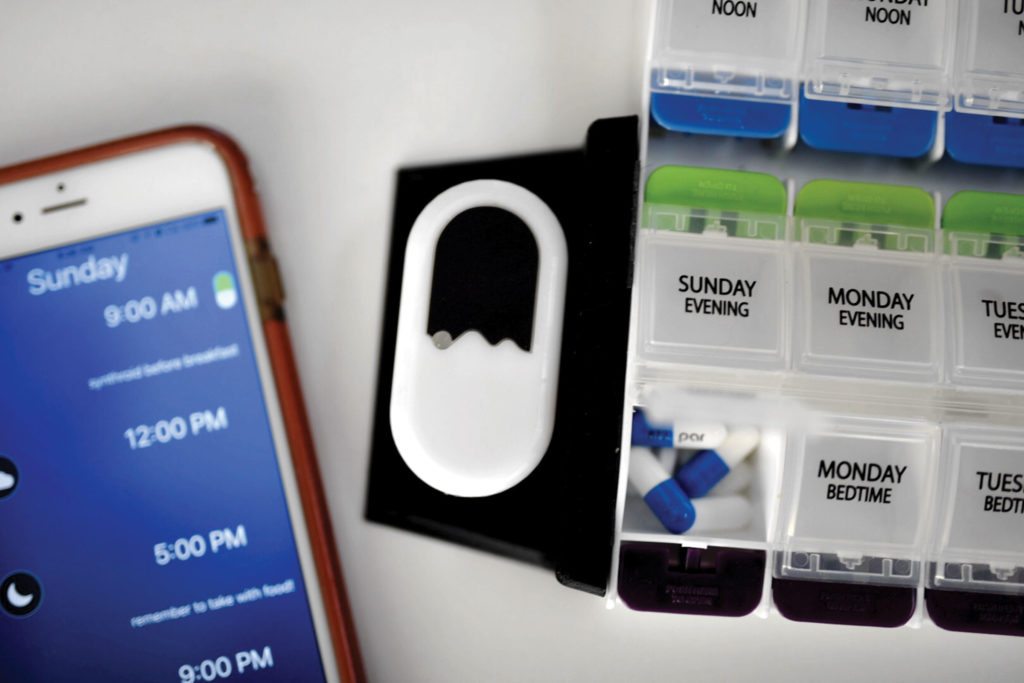 About:
About:
GalileoMD is a healthcare device startup company invested in streamlining patient care by developing compensatory tools for both patients and healthcare providers.
Transformational:
The medical industry tends to lag significantly behind with medical technology. The smartphone in our pockets is much more powerful than many of the “high tech” medical devices currently being implemented. Now that smartphones are becoming so ubiquitous, we are working to use that readily available computing power to improve healthcare.
Offering:
Our current platform, PillCast is an alarm Bluetooth button that attaches to any pillbox and uses a mobile app to schedule medication reminders. This loud and persistent button is very effective at getting a patient to come to their pills and press the button to report their adherence to the cloud. Caregivers load up a dashboard that allows them to track compliance in real time of all the patients under their care. If issues arise, the caregiver can reach out directly by initiating a video call from the dashboard to the patient’s PillCast mobile app. The PillCast system is currently being tested in closed beta, and we are looking to make it generally available in Q2 of 2017. We are also seeking partnerships to provide white-label solutions of our PillCast system with organizations and facilities who manage medication compliance for large patient populations.
Big Picture:
PillCast is our first step in using smartphones to improve healthcare. We plan to continue to focus on ways to decrease the cost of healthcare and improve outcomes for patients by focusing on health solutions that use that little computer we already carry in our pocket.
Spring
Ed Wu, MD, Chief Medical Officer
edwu@springhealth.com
www.springhealth.com
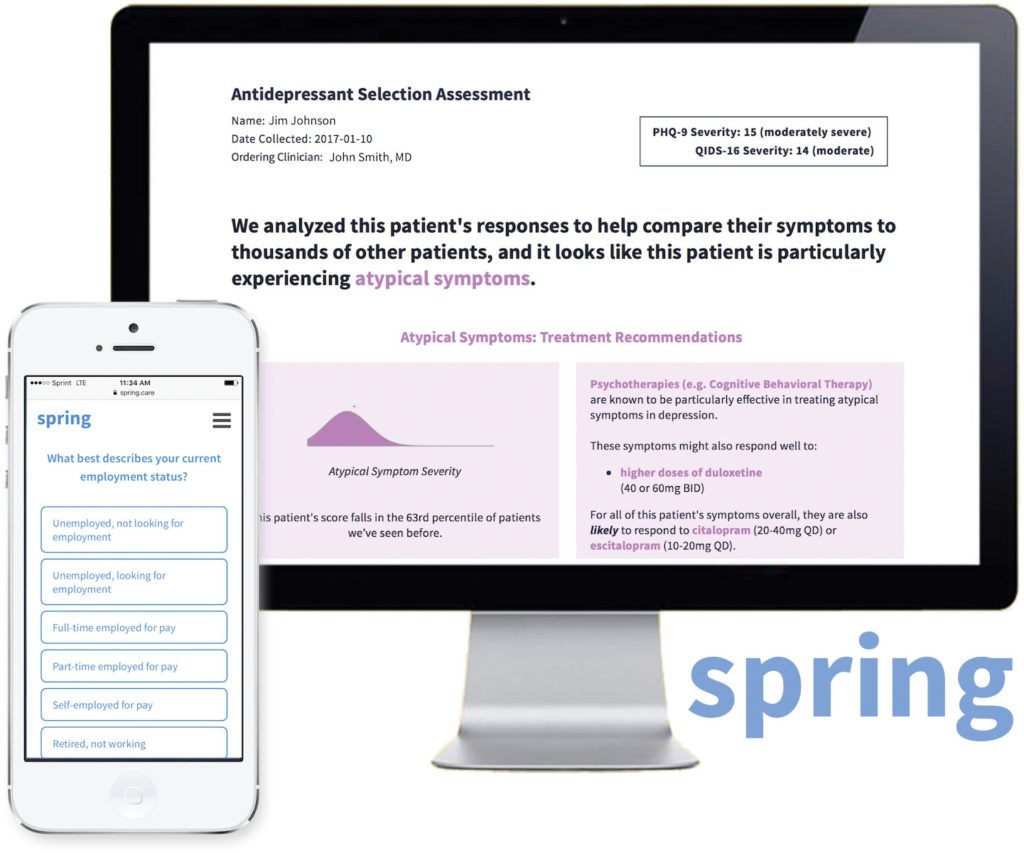 About:
About:
Spring improves behavioral health (BH) outcomes across specialties, through 1) better screening and triage; 2) more accurate, personalized treatments; and 3) improved tracking of patient progress. Practices can improve operating costs (through reduced resource use) while enhancing revenue by using Spring.
Transformational:
By leveraging peer-reviewed, machine learning technology, Spring is transforming BH treatment from a trial-and-error approach to one based on personalized care regimens. Currently, initial treatment success of depression is approximately 30%. With Spring, successful remission rates can be over 60%. No genetic testing is involved, which can be costly and has limited ability to track treatment progress.
Offering:
With Spring, patients use iPads or smartphones in clinic waiting areas to complete standard screening tools. Patients that screen positive for a BH diagnosis answer additional questions, and providers are then recommended an evidence-based “best fit” treatment for patients. (Providers are under no obligation to follow Spring’s recommendations.) Post-visit, patients are encouraged to track their treatment via a patient portal or smartphone, which gives providers better insight into patient progress. Our publications demonstrate that patients can achieve control of depression symptoms approximately eight weeks faster than status quo.
Big Picture:
BH problems are frequently underdiagnosed and undertreated. Of the 7% of the population that have depression, fewer than 35% are appropriately screened for and treated. Additionally, access to treatment can be problematic due to the shortage of BH specialists. Currently, many providers initiate BH treatment with a medication regimen that they are accustomed to or were trained on, as opposed to prescribing a personalized, evidence-based regimen. Spring’s ultimate goal is to present cost-effective BH solutions that improve outcomes as well as operating metrics across practices.





